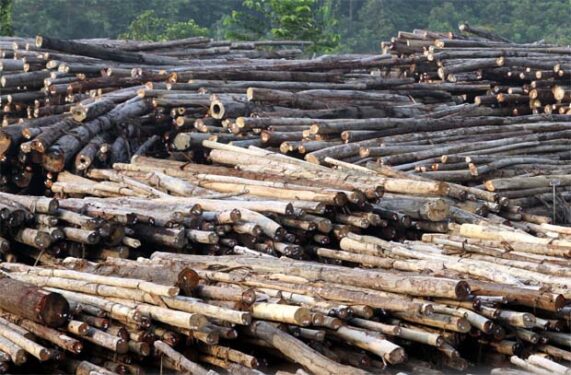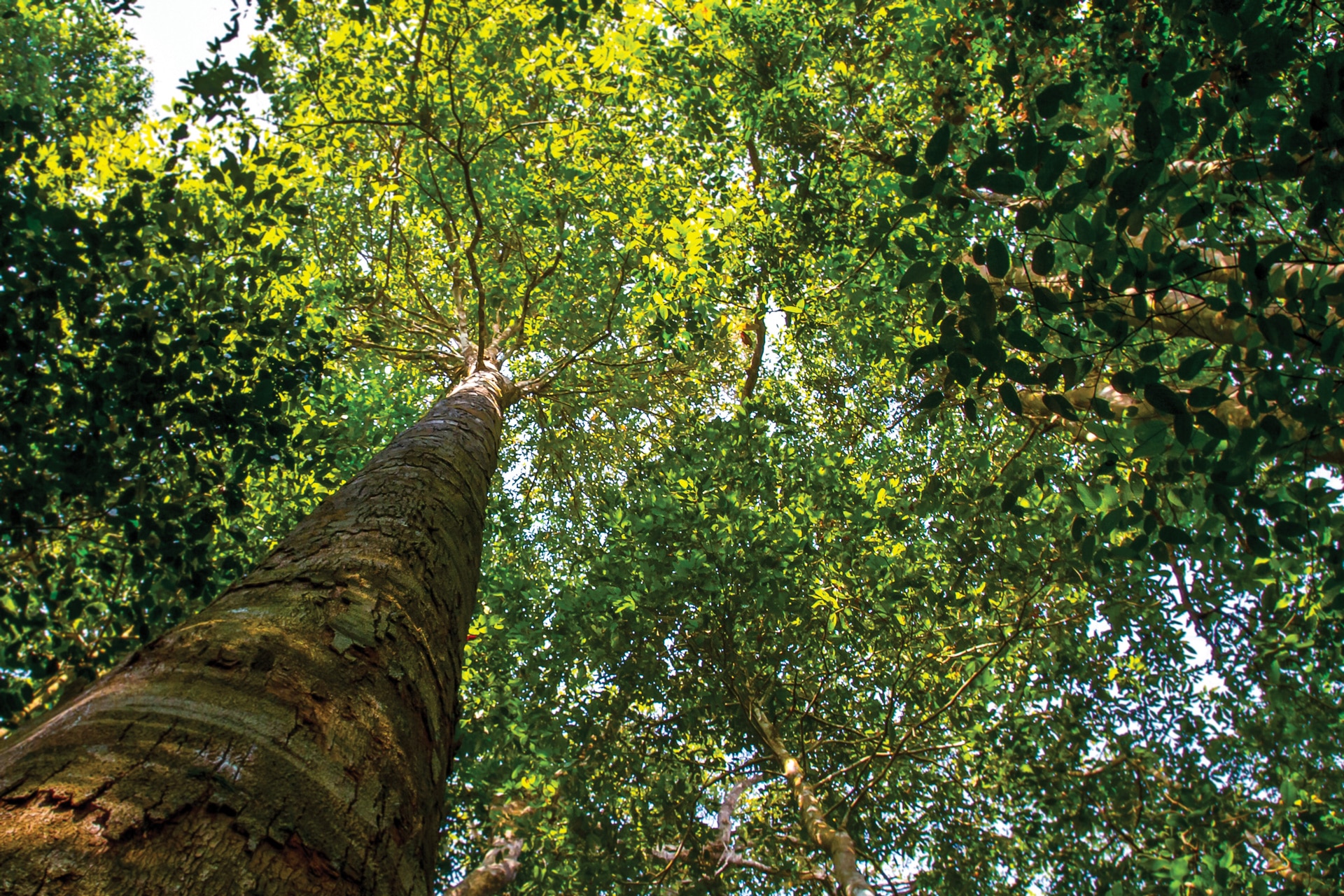WHOEVER the newly appointed government is in the aftermath of the15th General Election (GE15), it faces a host of issues that needed to be addressed, one of which is climate change and the impact of deforestation.
Globally, the world is in a race towards net zero by 2050 with every government taking steps to address issues related to sustainability and forest management. As global warming remains a clear and present danger for mankind, there are renewed enthusiasm and realisation of good sustainable forest management, preservation and conservation.
According to International Union for Conservation of Nature, the forest plays a key role in climate change as it is both a cause and a solution for greenhouse gas emissions.
Some 25% of global emissions come from the land sector, the second largest source of greenhouse gas emissions after the energy sector, of which half of these comes from deforestation and forest degradation.
As we are aware, as far as Malaysia is concerned, Malaysia has maintained just over 50% of the total land area as tropical forest. Despite restricted logging activities, Malaysia has developed a strong timber export industry with the country presently having some 18.2 million hectares (ha) of forest cover, of which some 68.4% or 12.5 million ha are located in Sabah and Sarawak alone.
Ample law

According to the Malaysian Timber Council, Malaysia exported some RM17.4 bil worth of timber exports for the first eight months of 2022.
Although as a percentage of total Malaysian exports, the timber industry’s contribution is relatively small at less than 2%, the Malaysian timber industry provides job opportunities to some 50,000 Malaysians.
Malaysia itself has emerged as one of the biggest exporters of timber produce globally and is ranked between fourth and 10th in exports of plywood, wooden furniture and sawn timber.
With such a strong global presence, Malaysia’s position in the global timber industry is well recognised and entrenched and unlikely to be derailed by issues related to climate change.
Having said that, the stakeholders in the industry are well aware of issues of concern and have taken steps to practice good forestry management.
Not many people are aware that Malaysia has been practising Sustainable Forest Management (SFM) since 1901 with the overall harvesting of timber based on each state’s stipulated quota or annual allowable cut. In addition, the Selective Management System (SMS) practised in Malaysia has evolved to ensure the sustainability of the forests.
Malaysia has also amended many laws such as the National Land Code 1965, Protection of Wildlife Act 1972, and the Environmental Quality Act 1974 which have been amended many times to protect habitats, provide sanctuaries and maintain ecological stability.
In July 2022, the Parliament passed an amendment to the National Forestry Act with an increase in penalties for offences committed in forest reserves. The amendments also include new provisions requiring state governments to conduct a public inquiry before taking any area out of permanent forest reserves including replacing it.
Sarawak’s timber industry challenges

Sarawak which is also one of the largest exporters of timber and timber products for Malaysia is also at the forefront when it comes to SFM which the state has been practicing for decades. All Forest Timber Licensees (FTL) are now required to obtain the state’s Forest Management Certification (FMC).
FTL holders are required to follow the SFM best practices and to ensure proper SFM implementation on the ground, particularly in forest harvesting operations. Reduced Impact Logging (RIL) guidelines have also been standardised and evaluated to suit local conditions.
These efforts introduced by the state must be lauded for sustainable harvesting of timber and at the same time ensuring that the timber industry remains relevant to the state’s economic aspirations and industry players.
The Sarawak state’s stance in introducing a Sustainable Sarawak Blueprint is indeed seen as another positive step towards achieving sustainability targets related to biodiversity conservation and natural resources management and mitigating the impact of climate change.
Carbon credit
Given the efforts put in by not only Sarawak but the country as a whole in forest management, Malaysia is also set to benefit from the creation of a carbon credit market.
For the forestry industry, a forest carbon credit is created when timber concession holders undertake programmes that will help to absorb carbon dioxide (CO2) and store carbon via conservation or re-forestation incentives.
The projects are then verified and monetised in the marketplace for forest carbon. As reducing emissions of CO2 and other greenhouse gas can be difficult and expensive, forest carbon offset markets provide these entities with an alternative to reduce their impacts on climate change.
In this way, the increased CO2 intake by forests is used to offset CO2 emissions by another entity. With this, timber concessionaires will be encouraged to adopt sustainable practices when it comes to timber harvesting.
According to NatWest Markets, the international market for climate finance was estimated at US$640 bil last year with the demand for forest carbon offsets could outstrip supply by 2025, resulting in carbon prices quadrupling by 2030 and offset values could be worth US$125 bil to US$150 bil a year by 2050.
Hence, there is a tremendous opportunity for the Malaysian timber industry to grow in the future, driven by the demand for forest carbon.
Drive towards sustainability
Given the importance of climate change and sustainable forest management, it is hoped that the new government formed post GE15 will recognise the importance of the timber industry not only for Malaysia but also for the industry players, employees and other stakeholders.
Hard-stopping the timber industry in the name of conservation and preservation is not feasible and economically detrimental.
Both the private and the public sectors must recognise the efforts made to-date to safeguard our forest, protect the livelihoods of communities and facilitate the timber industry players to grow out of traditional timber harvesting.
Given the right policies and strategic support, the timber industry can play a role in enhancing sustainability and embracing high standards of ESG (environment, social and governance) to help achieve global sustainable growth agenda. – Nov 16, 2022
Pankaj Kumar is the managing director of Datametric Research and Information Centre (DARE), a Malaysian-based data gathering, strategic analysis and advocacy platform for businesses and industries in key sectors of the Malaysian economy.
The views expressed are solely of the author and do not necessarily reflect those of Focus Malaysia.
Main photo credit: Borneo Talk









